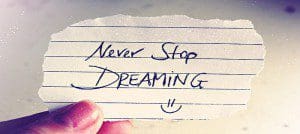What does privacy mean to you when it comes to Social Media?
What does it mean to you when something is on Facebook or another social media website? Is anything truly private once it’s on the internet?
Have you ever run into someone in person who knew something about you because of what they read on social media? Did it feel strange that they knew about it? Sometimes when you post something, you expect that only certain people will see it, but you don’t know who laid eyes on what you put on the internet.
We try to keep our website secure and anonymous to protect your privacy so that you can share your experiences without worrying about who will see what you wrote. Also we got feedback from parents that privacy is VERY important to them and they have a lot of concerns about how to make sure they and their children’s information is kept safe. There might be other situations where you do want to publicly share your story too. But if you do make that decision, it should be your choice. For those situations when you want to protect your privacy – what have you done on social media to protect your personal information?
Tell us your experiences with social media and privacy and what that means to you?
















